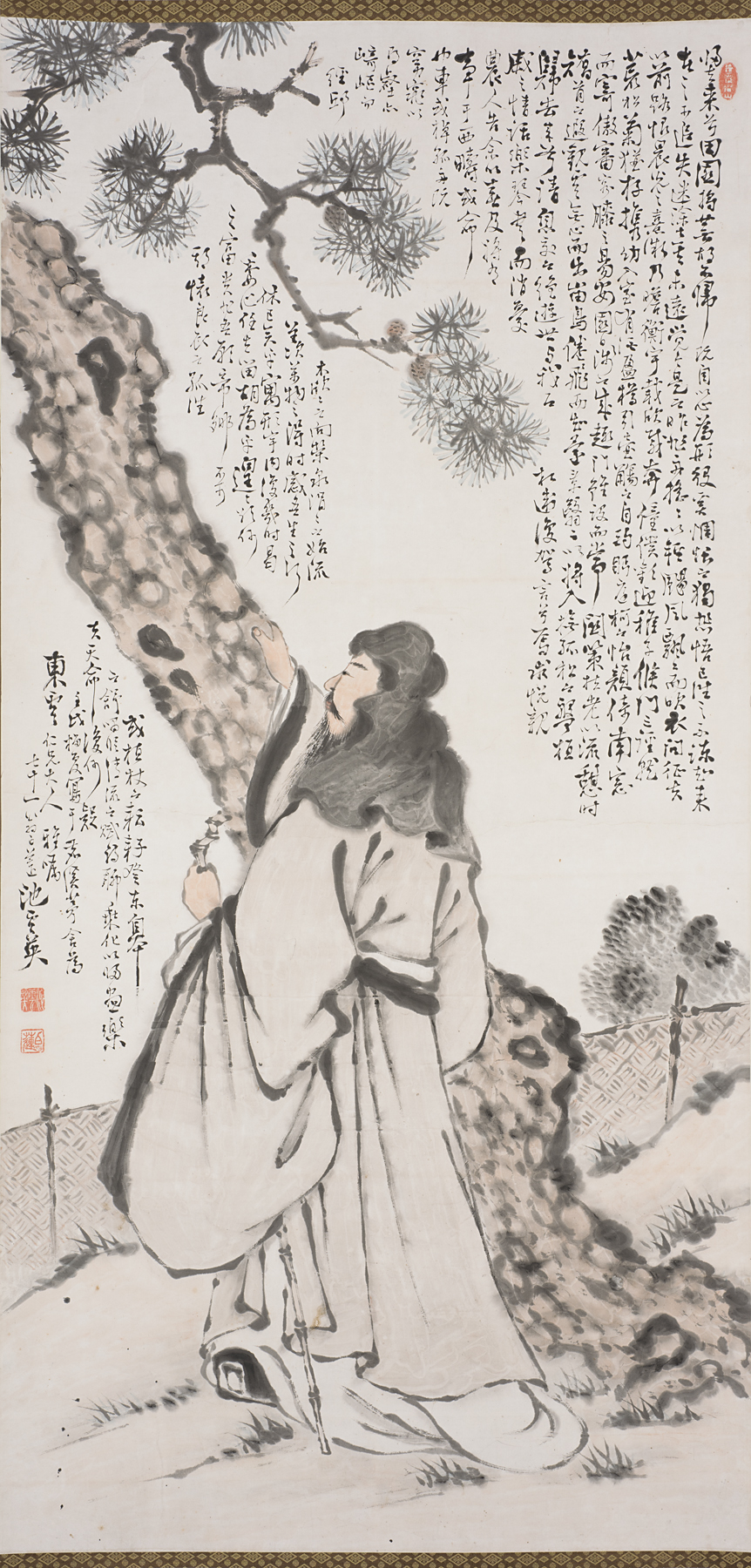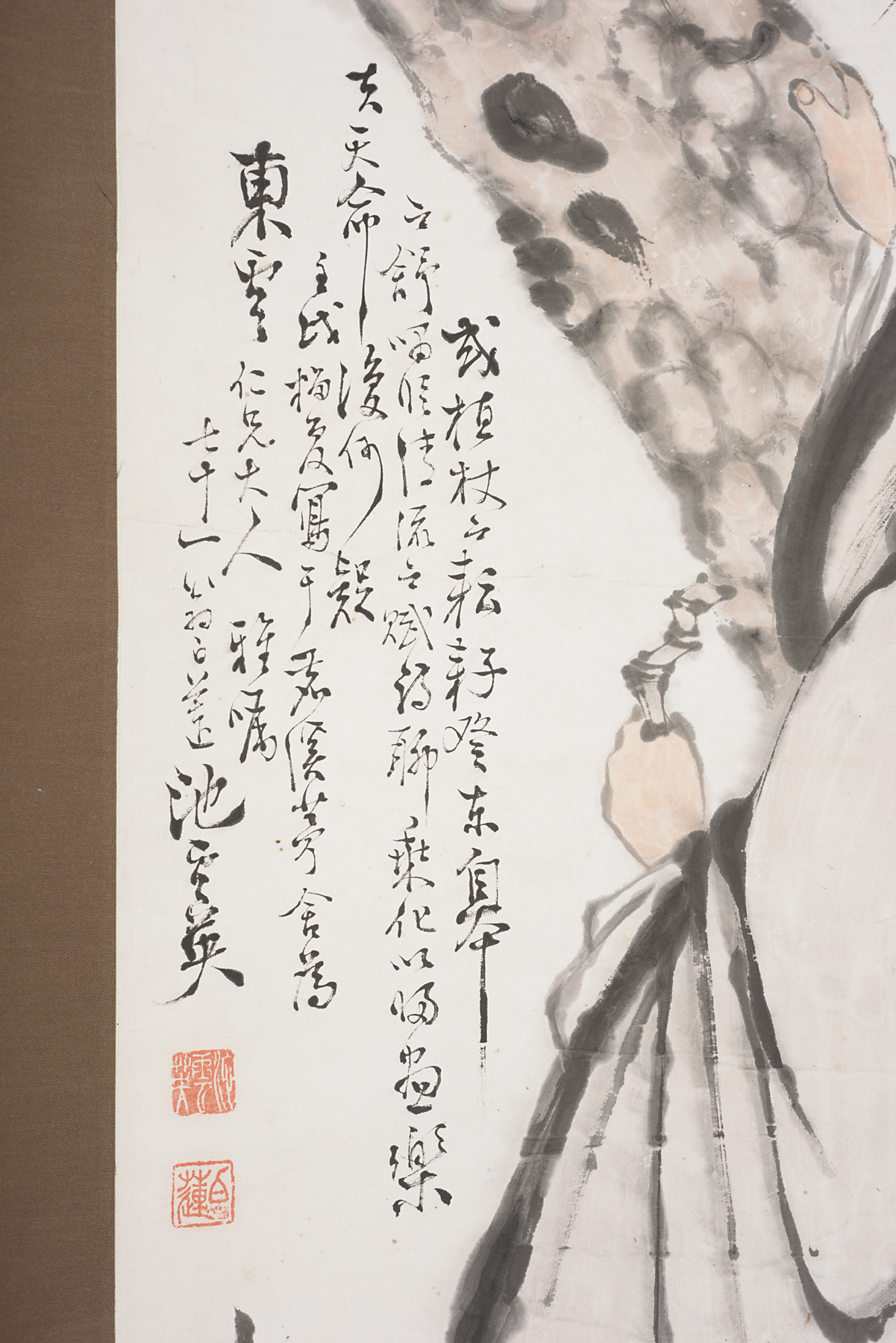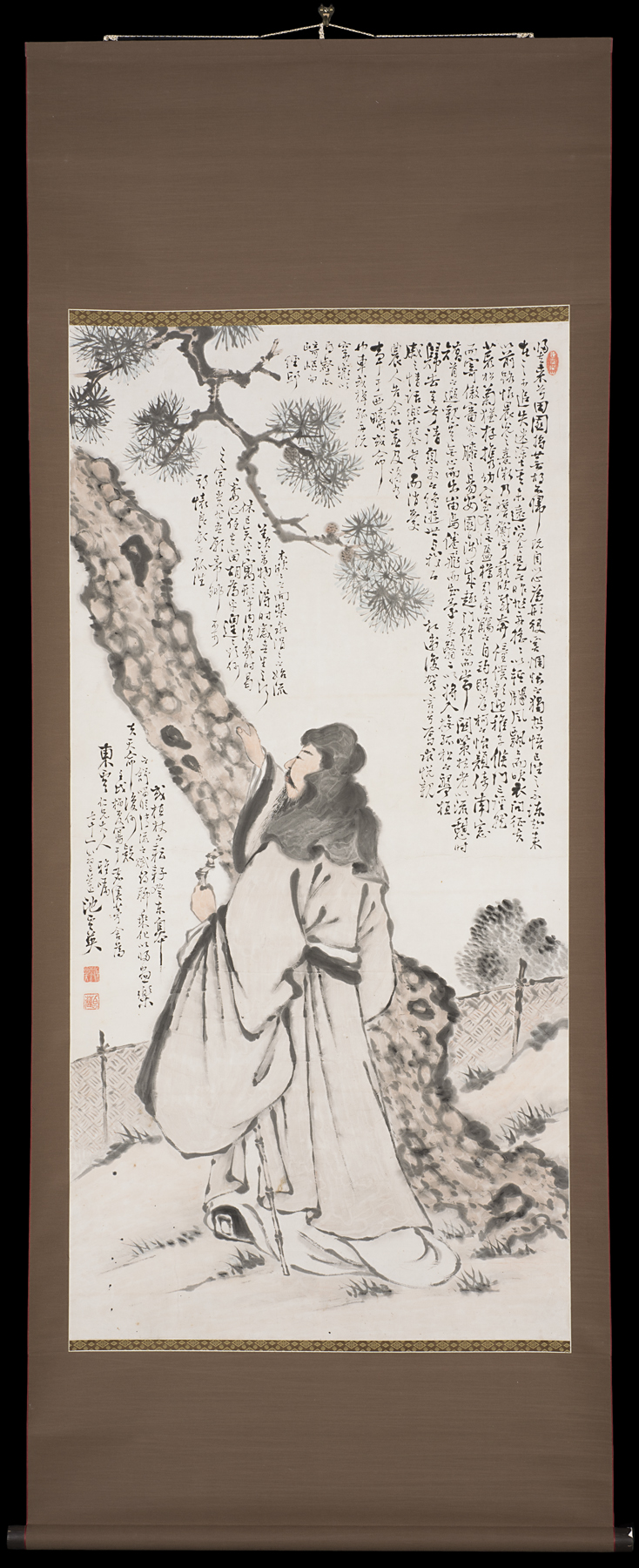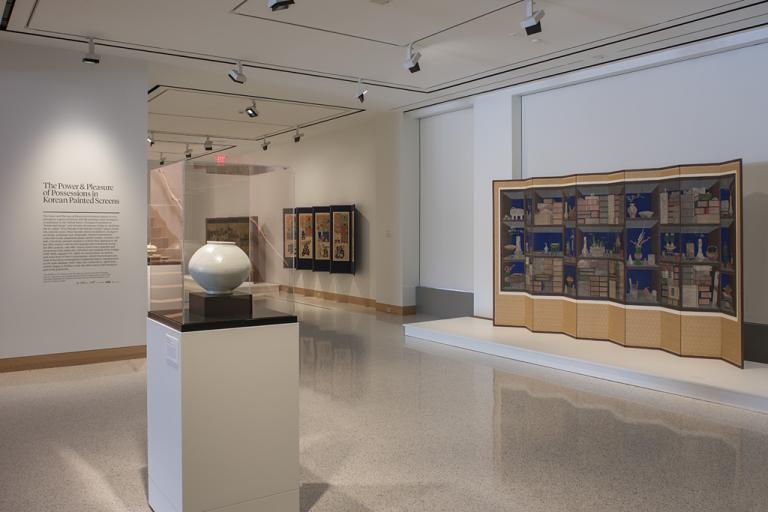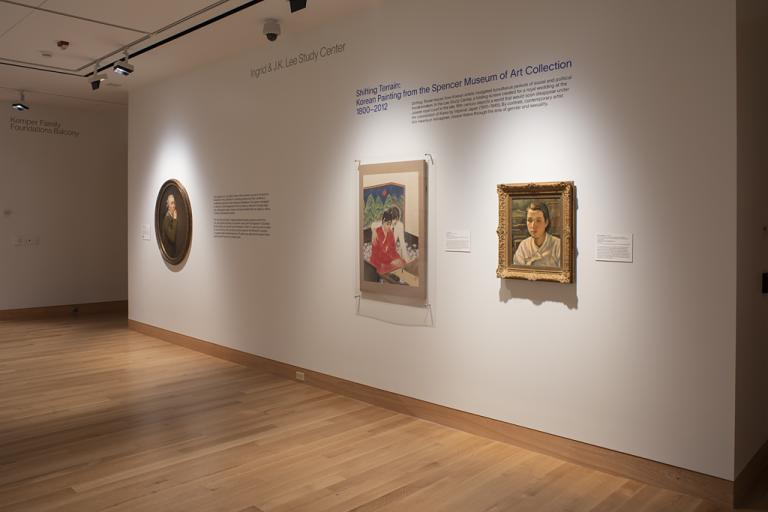Scholar under Pine Tree, Ji Unyeong
Artwork Overview
Ji Unyeong, artist
1852–1935
Scholar under Pine Tree,
1922
Where object was made: Korea
Material/technique: paper; ink
Dimensions:
Object Height/Width (Height x Width): 133 x 66 cm
Object Height/Width (Height x Width): 52 3/8 x 26 in
Object Height/Width (Height x Width): 133 x 66 cm
Object Height/Width (Height x Width): 52 3/8 x 26 in
Accession number: 2013.0020
Not on display
If you wish to reproduce this image, please submit an image request
